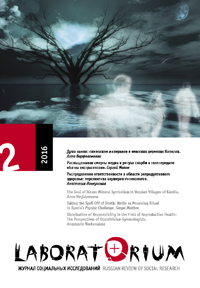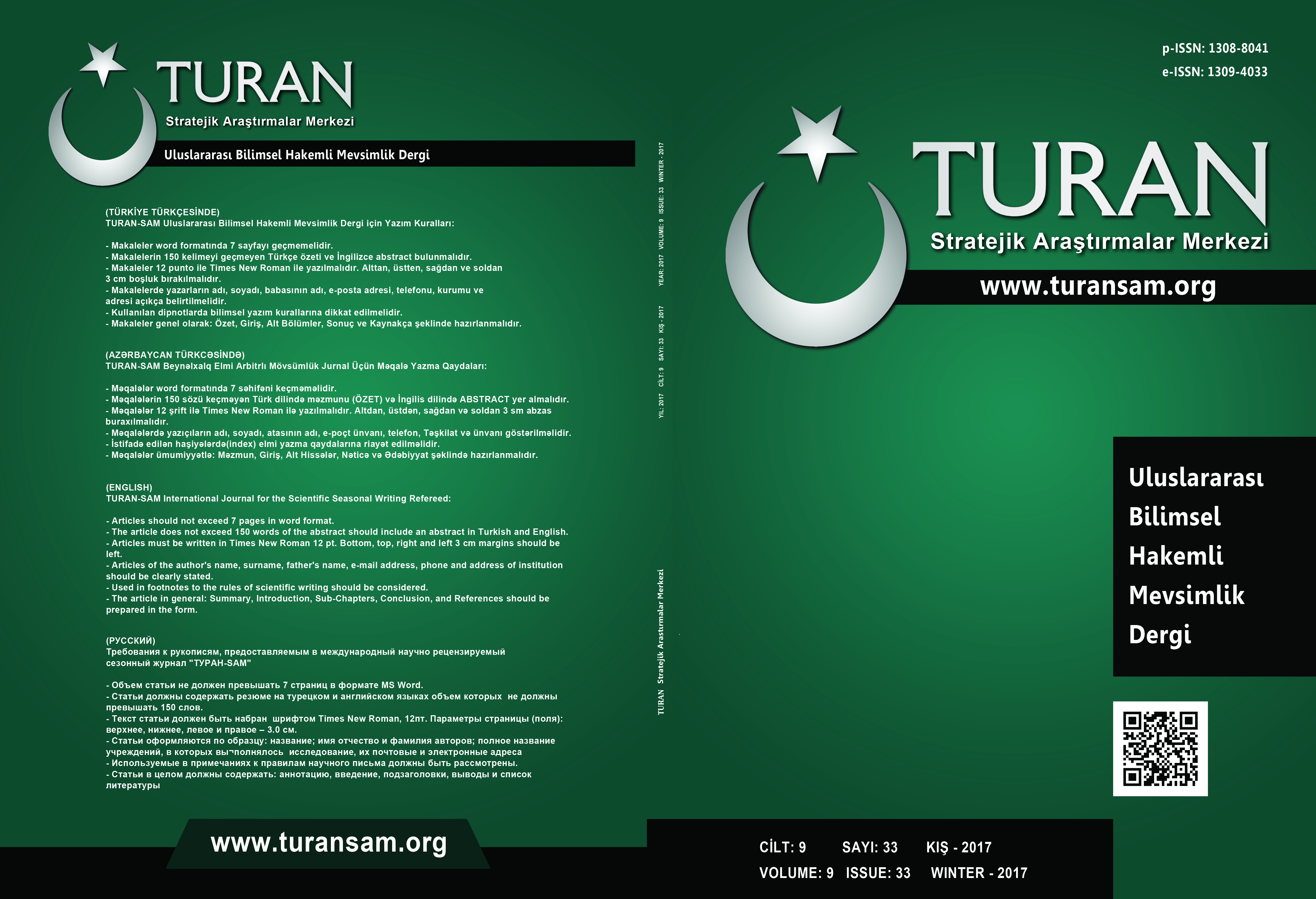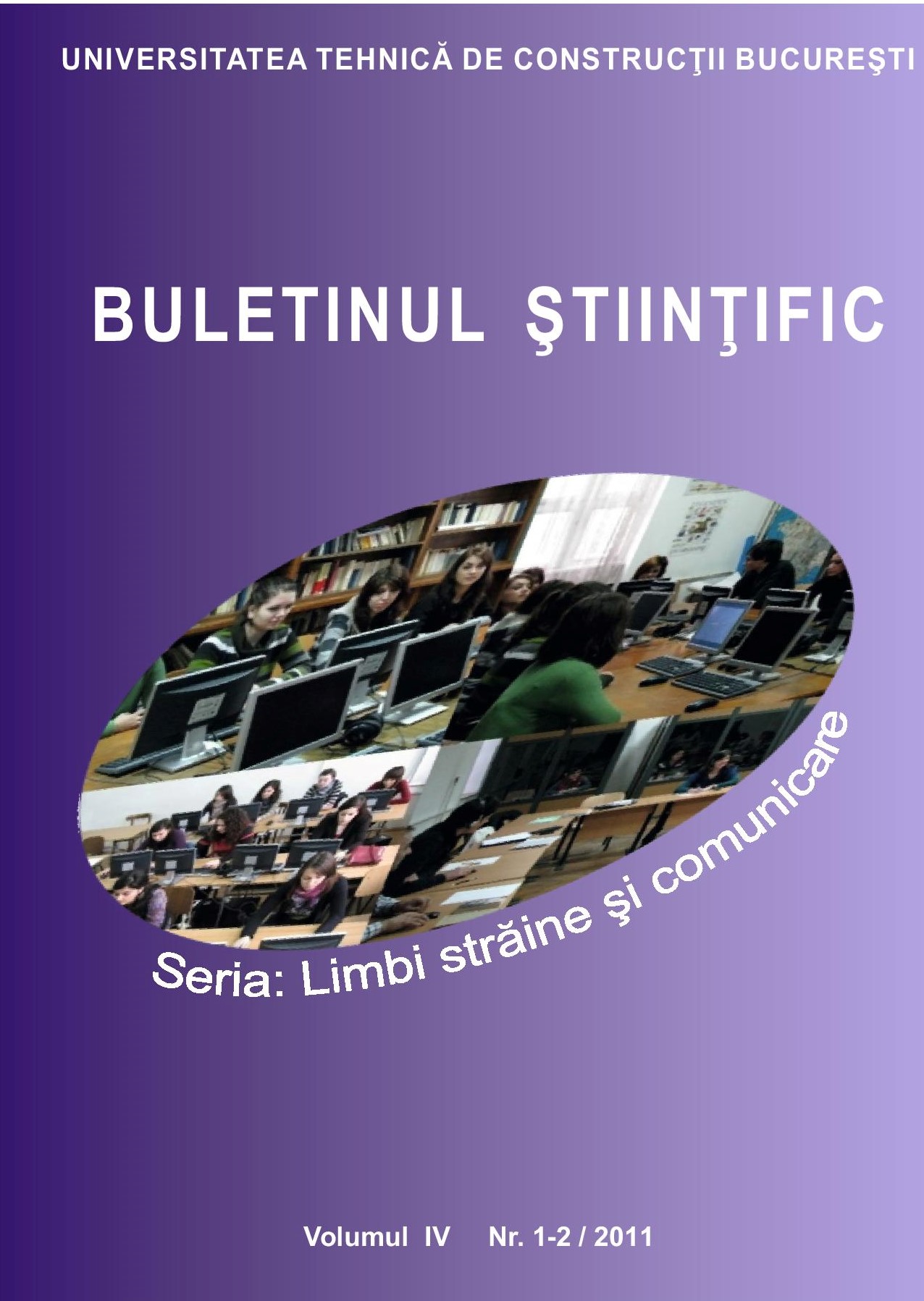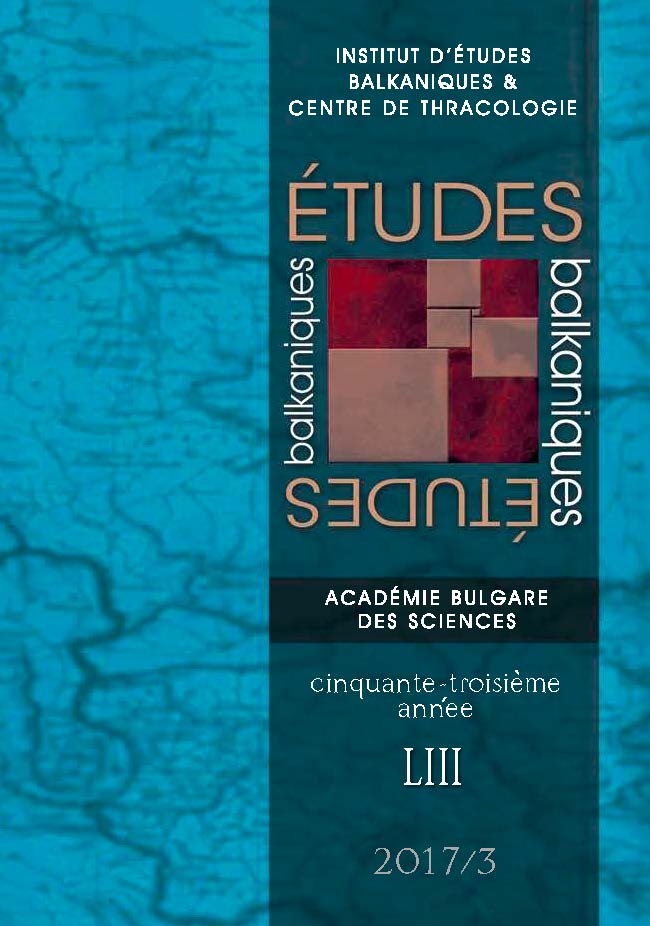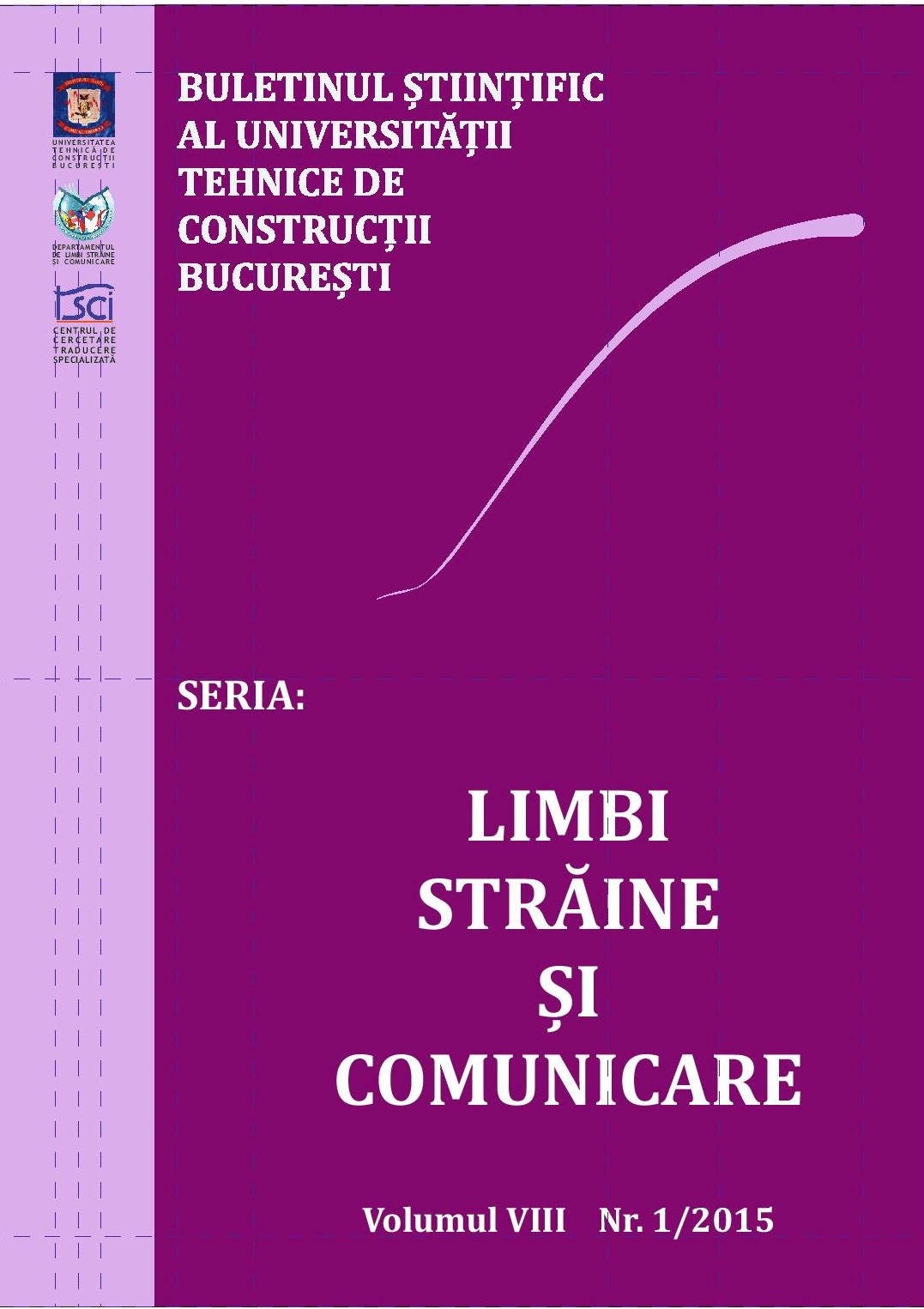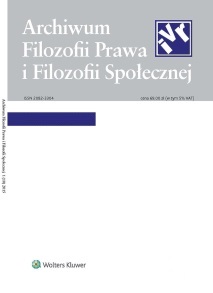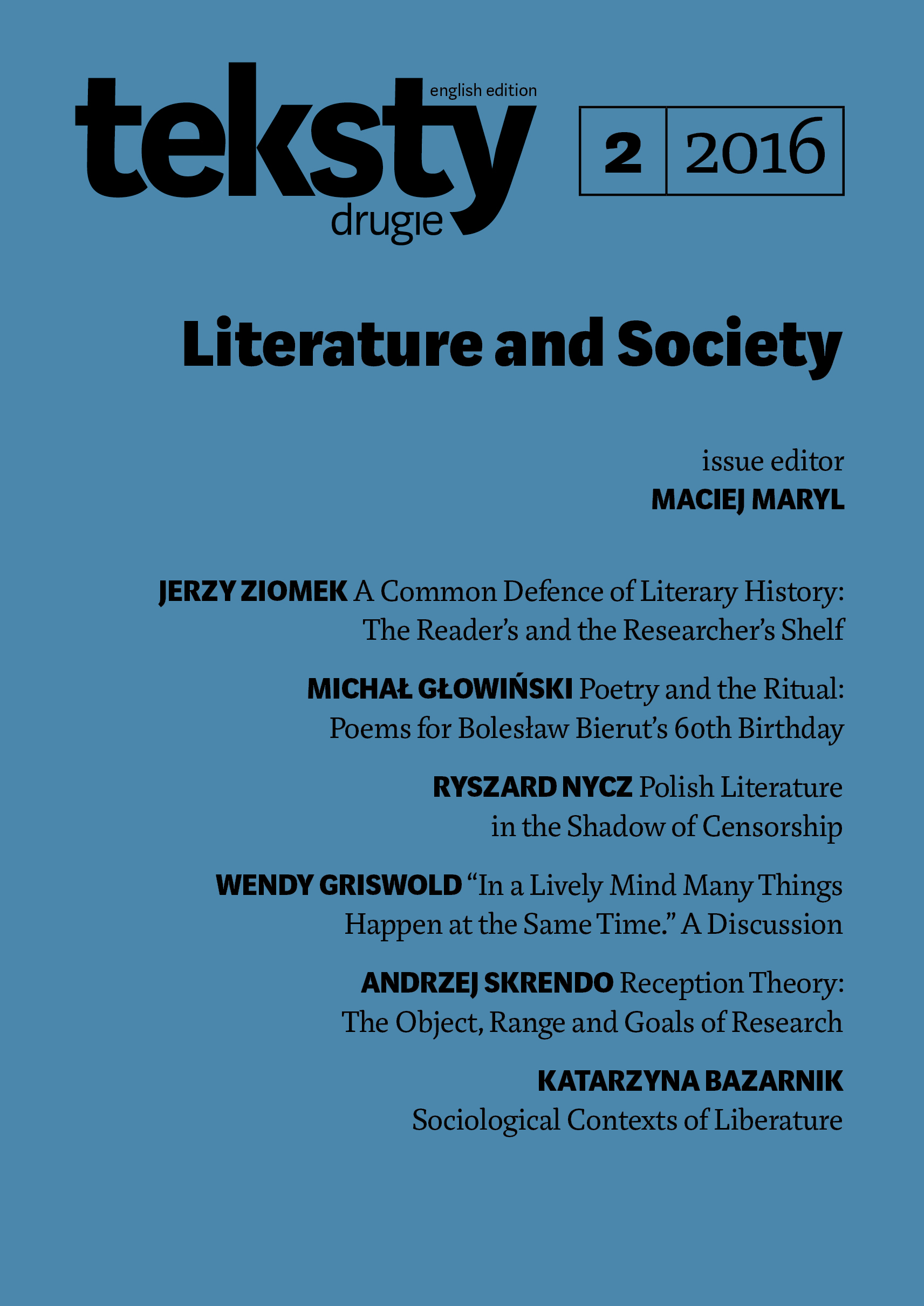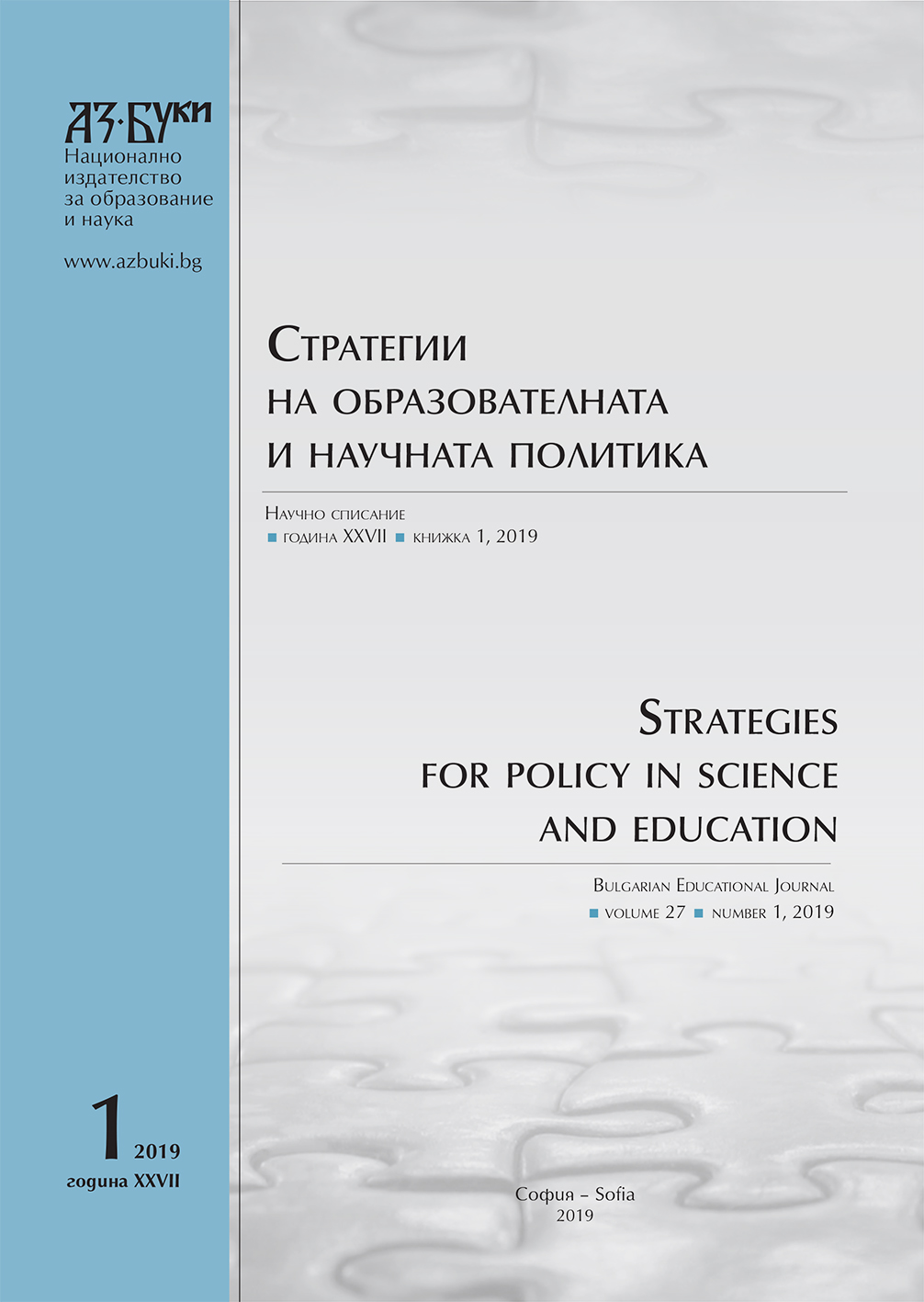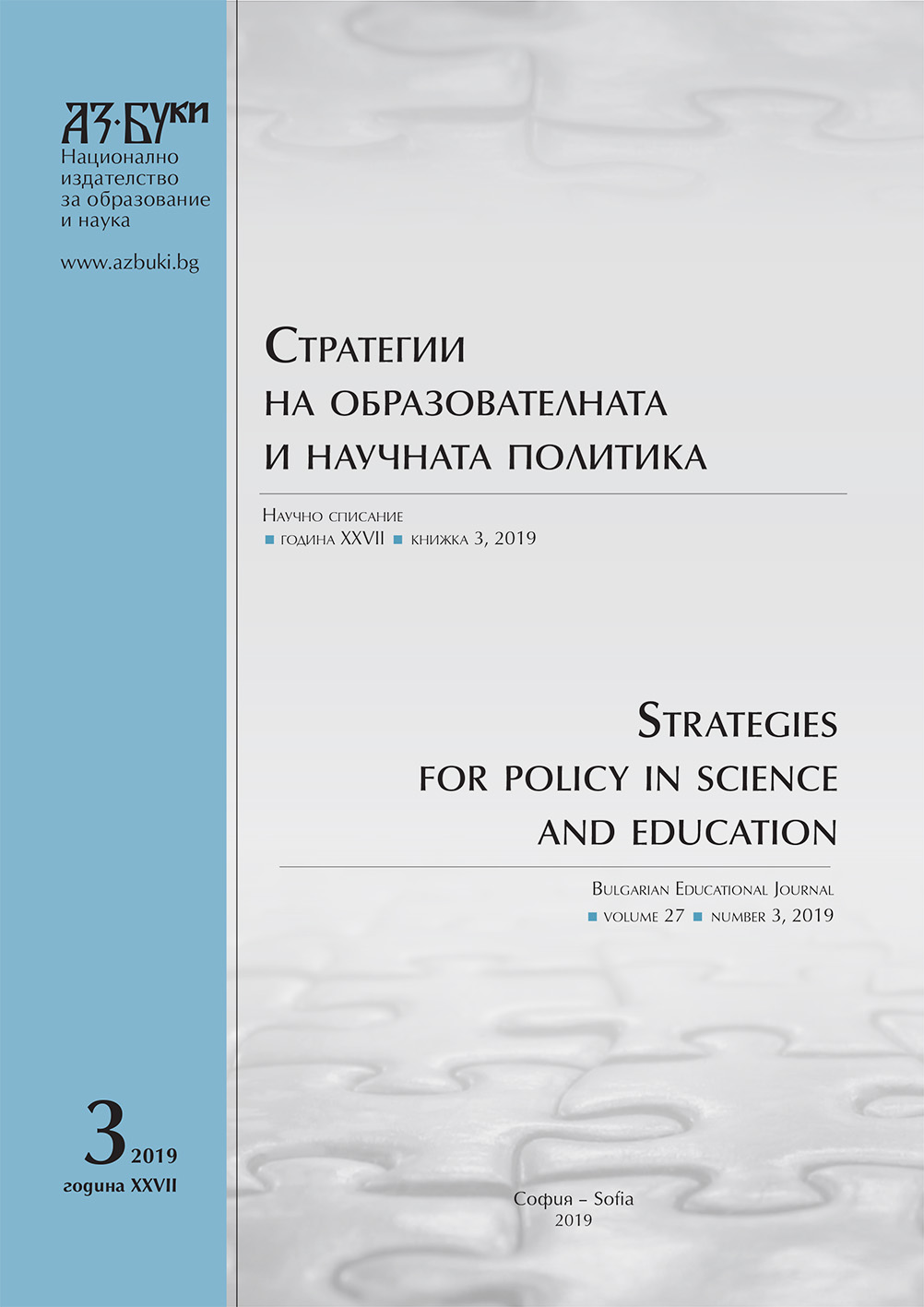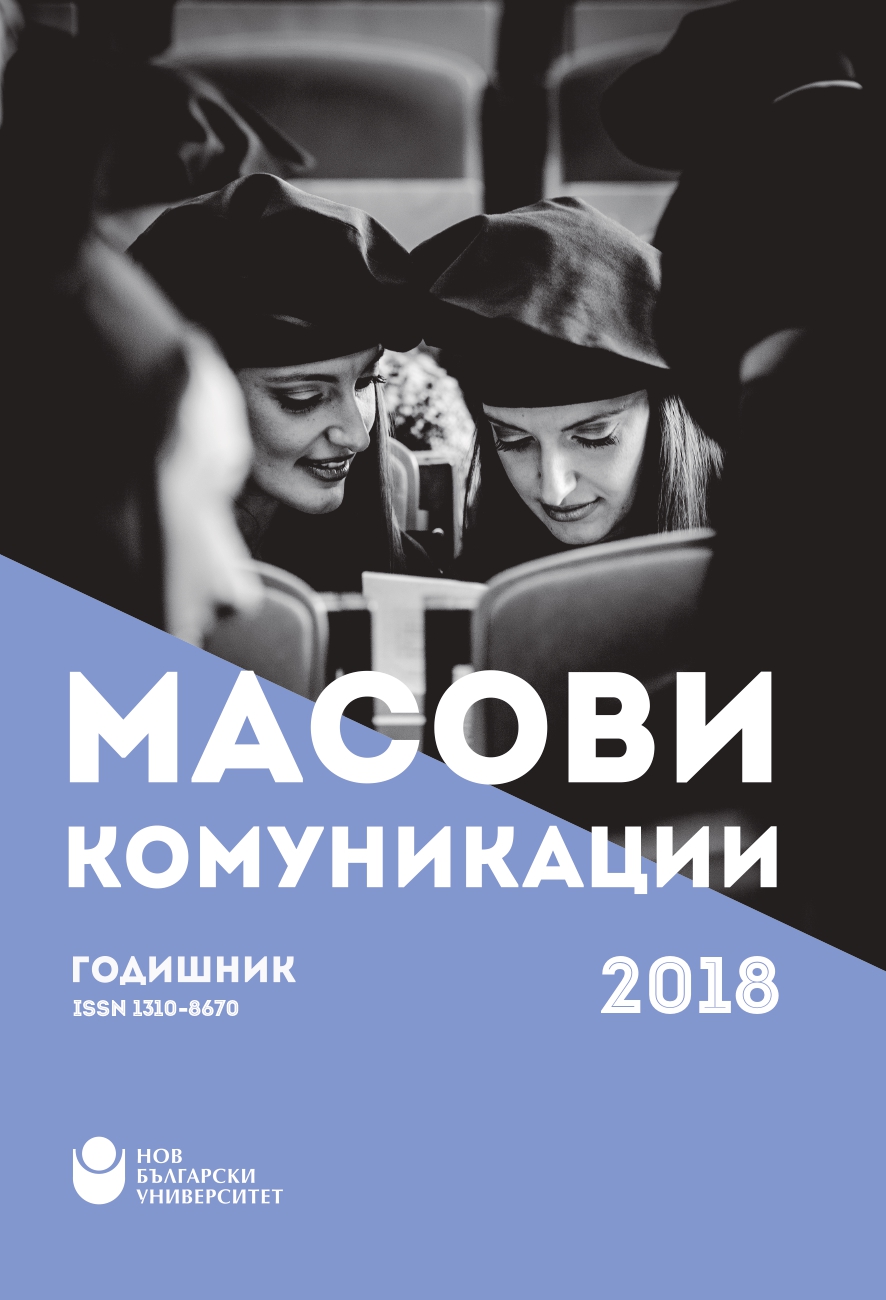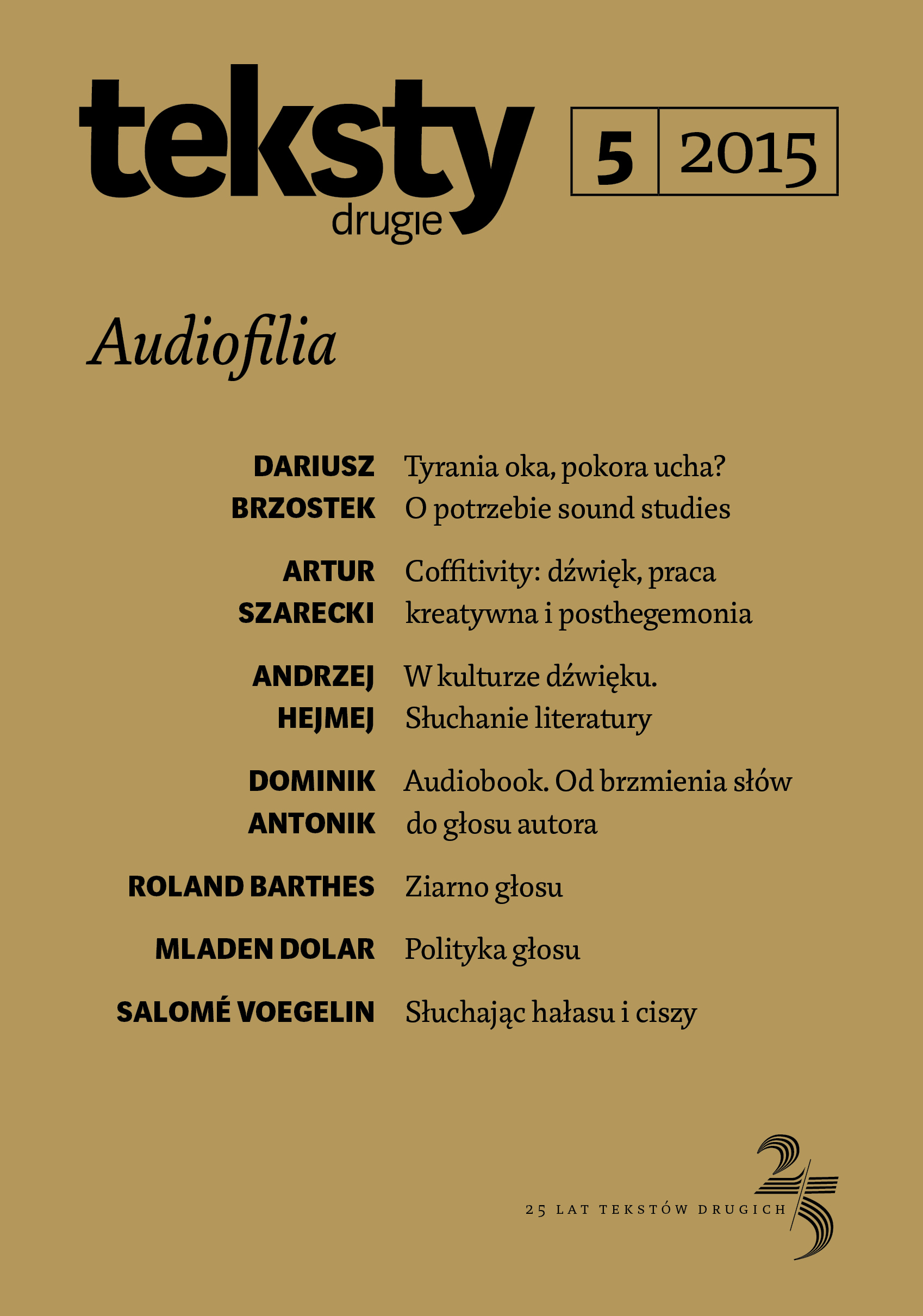
Polityka głosu
For Dolar, voice represents the primordial or animal aspect of the human being, zōē, or naked life. Speech, meanwhile, is understood as voice endowed with meaning. Considering the problem of voice, Dolar argues that zōē rubs against bios, i.e. political and social life. Zōē manifests itself in many areas of life; the primordial voice appears in contexts such as justice, education or religion. It also represents an integral attribute of rulers and dictators, who use their voice to create laws, or who enforce those laws into life. Voice is indispensable for logos and the written word. Therefore it is inexorably linked with social life; it exists between naked life and social life, between sound and speech.
More...
